
A verbal tocilizumab workflow helped provide safer and more effective delivery of the agent for patients experiencing cytokine release syndrome.

Your AI-Trained Oncology Knowledge Connection!


A verbal tocilizumab workflow helped provide safer and more effective delivery of the agent for patients experiencing cytokine release syndrome.

Loncastuximab tesirine and rituximab led to encouraging responses in most patients with relapsed/refractory follicular lymphoma in a single-center study.

Findings from the CARTITUDE-2 trial support the use of cilta-cel in patients with multiple myeloma, says Tina Glow, AAS, RN, BSN.

The latest CARTITUDE-4 data examine the efficacy and safety of ciltacabtagene autoleucel in lenalidomide-refractory multiple myeloma.

Patients enrolled across the CARTITUDE trials who experienced cranial nerve palsy after treatment with cilta-cel were generally male.

The phase 2b findings support the capability of eftilagimod alpha to enhance the potential of immune checkpoint inhibitors in metastatic HNSCC.
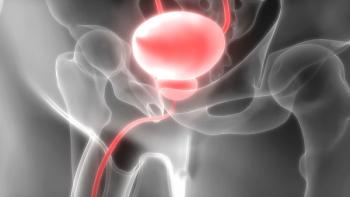
Those with high-risk biochemical recurrent non-metastatic hormone-sensitive prostate cancer can now receive enzalutamide in the European Union.

Findings from the phase 3 CARTITUDE-4 trial support the European approval of ciltacabtagene autoleucel for relapsed/refractory multiple myeloma.
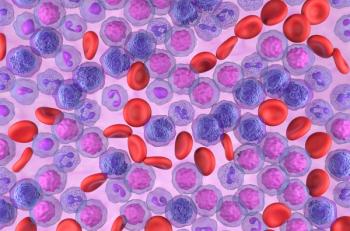
Findings from the KOMET-001 trial support the breakthrough therapy designation for ziftomenib in NPM1-mutated acute myeloid leukemia.
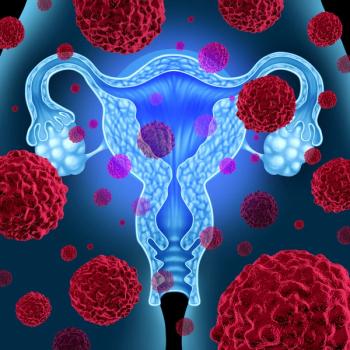
The FDA has set a Prescription Drug User Fee Act date of August 23, 2024, for dostarlimab in all types of primary advanced endometrial cancer.
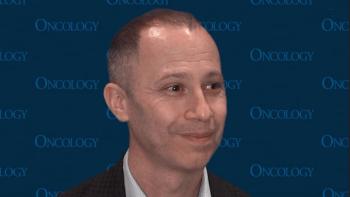
Increasing screening for younger individuals who are at risk of colorectal cancer may help mitigate the rising early incidence of this disease.

Further research may validate identified biomarkers and refine patient selection criteria for pembrolizumab therapy in breast cancer.
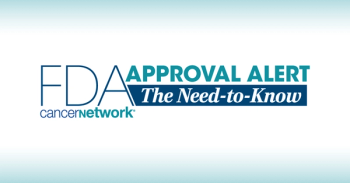
The FDA approval of the single-agent, oral pan-RAF inhibitor tovorafenib is based on efficacy results from the phase 2 FIREFLY-1 trial.
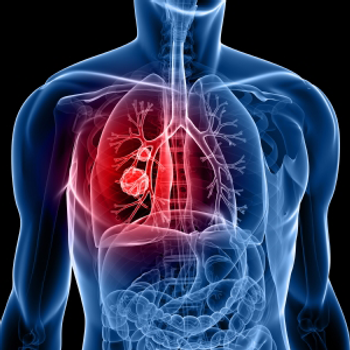
Investigators of the phase 3 ALINA trial report no unexpected safety findings with alectinib in ALK-positive non–small cell lung cancer.

Data from 2 NETTER trials support lutetium Lu 177 dotatate's approval in somatostatin receptor-positive gastroenteropancreatic neuroendocrine tumors.

A series of phase 3 findings support the European approval of tislelizumab as a first-line and second-line treatment for non–small cell lung cancer.
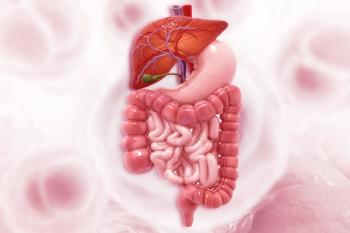
ME-344 and bevacizumab can now have an additional 20 patients enrolled on the phase 1b trial for relapsed metastatic colorectal cancer.

Laparoscopy may reduce the degree of pain or length of hospital stay compared with open surgery for patients with colorectal cancer.

Nogapendekin alfa-inbakicept is now approved for the treatment of patients with BCG-unresponsive non-muscle invasive bladder cancer.
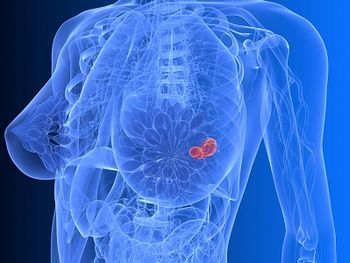
Roshni Rao, MD, FACS, discussed the use of neoadjuvant chemoimmunotherapy and its complications in the treatment of patients with triple-negative breast cancer.
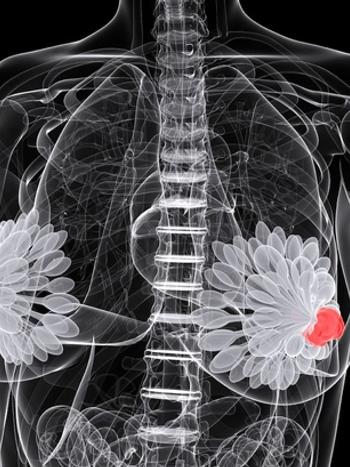
DCISionRT is a risk-assessment test for patients designed to predict RT benefit and develop their recurrence risk after surgery alone or with radiation.

Preliminary findings from the MB-106 trial support the potential benefit of annamycin/cytarabine in patients with acute myeloid leukemia.

Richard Lazzaro, MD, discusses how a robot-assisted platform has impacted his thoracic surgery and highlights other potential advancements in the field.
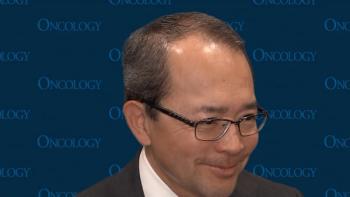
The use of proton therapy may offer a more specific depth charge compared with conventional radiation, according to Timothy Chen, MD.
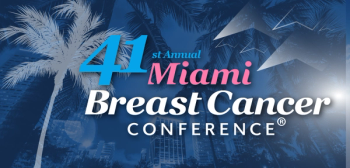

ZAP-X may provide submillimeter accuracy when administering radiation to patients with brain tumors.

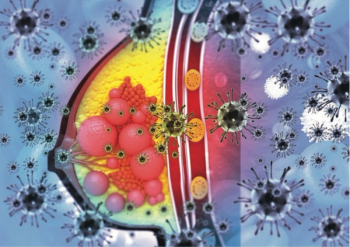
The latest KEYNOTE-756 data highlight the surgical outcomes of patients with high-risk early-stage estrogen receptor–positive breast cancer.

In clinically node-positive breast cancer, clipping of lymph nodes may induce higher rates of sentinel lymph node surgery after neoadjuvant chemotherapy.
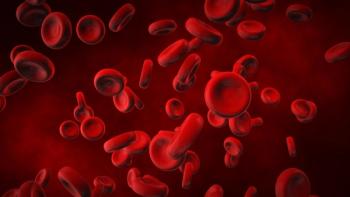
The agency recommends that all patients receiving CAR T-cell products should be monitored life-long for secondary malignancy risks.